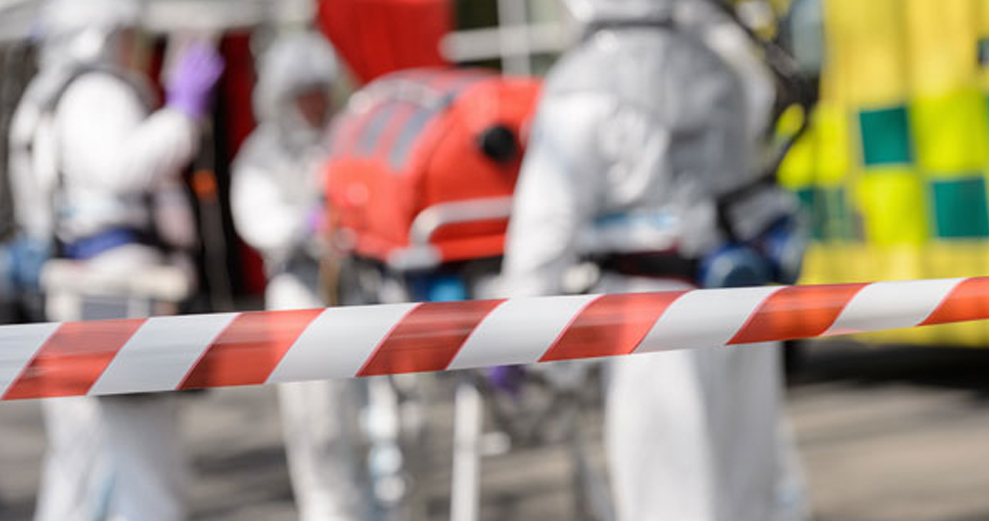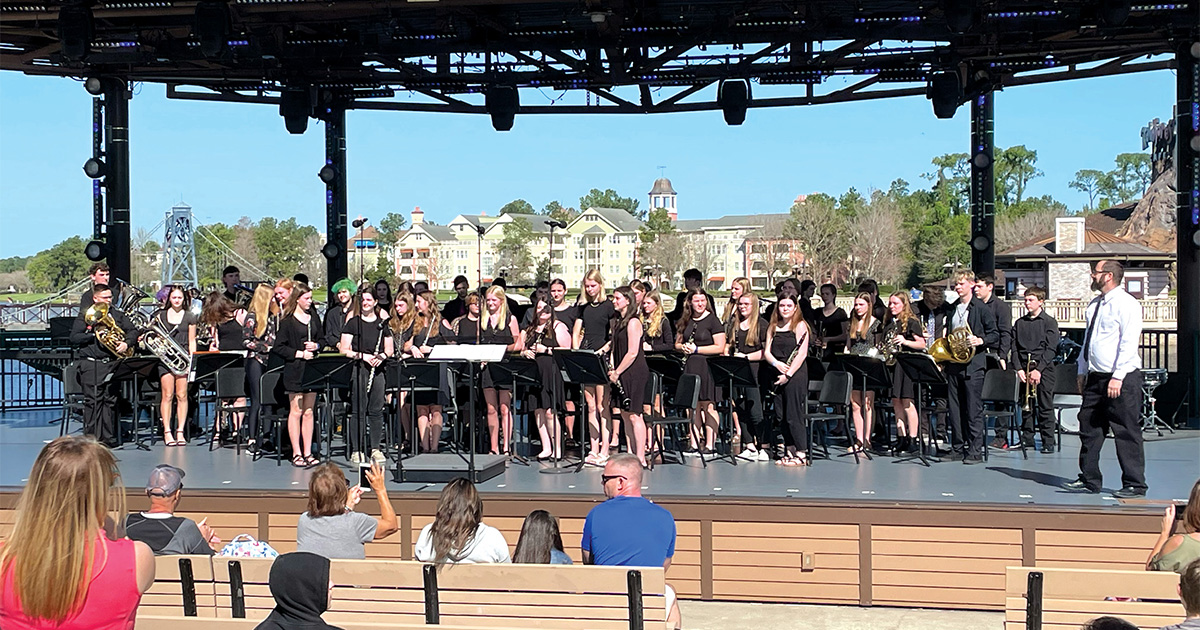We live in a world in which both teachers and parents live in fear there will be some form of violence when children are either at school or on a class trip. Because school trips vary in the age of the student traveler, location of the trip and duration of travel, there is no one magic formula for school excursion safety.
This article does not attempt to provide overall answers; rather, it seeks to bring to the forefront essential questions all teachers and parents need to ask. Because we live in a time of multiple street demonstrations, this article focuses on that particular problem. No matter the age of student travelers, no matter the trip’s duration, certain key questions must be asked:
- How do we protect our students if we find ourselves in the midst of a manifestation or uprising?
- What do group leaders do or not do?
- Should group leaders cancel or cut trips short due to potential street demonstrations, manifestations or uprisings?
First, the author provides a caveat and word of caution. This article is not meant to be a full analysis of the topic, but is meant to raise important questions. It is strongly advised that before making any specific decision, the group organizer and/or leader speak with a tourism security specialist, a qualified police officer or other travel security expert. Finally, no one can guarantee total safety and security, and no expert can predict the future with total certainty.
When traveling with children the first rule is: If there is a likelihood of problems, then cancel the trip or postpone it. Keeping control over children is often like herding cats. Never travel without a sufficient number of chaperones. There should be at least one staff member or adult present for every 10 children on the trip.
Know your group’s demographics. Although no two groups are the same, school groups do have certain commonalities. Make sure you know if there are children with special needs, be these physical needs or food needs. Young children have short attention spans and teenage children are not necessarily good listeners. Know your group’s weak spots, and build your trip around these issues. For example, young children do not use the rest room on schedule. If you should find yourself in a difficult situation, do not compromise the group’s safety because of rest room needs. The more bathroom breaks, the less chance of a crisis.
Never travel without a clear buddy system. Make sure that before leaving, everyone has an address written down, along with the group leader’s cellphone number. Remind students that street manifestations not only may turn violent, but are also magnets for street criminals such as pickpocketers or even kidnappers. Never take your eyes off of children, and do not believe that teenagers are incapable of getting into trouble.
Wear identifying colors, but do not all dress the same. If you are going to be close to some form of uprising or manifestation, be able to find your people—but do not make them targets. You do not want everyone dressed in a specific shirt, promotional shirt or blouse, but the group leader may decide to have students use a specific color or type of hat.
Have an emergency plan in place. Group leaders should know where the closest medical station is located and have a credit card with enough money to deal with a hospital, should the need arise. Most foreign hospitals do not accept United States medical insurance, or they want payment guaranteed with a credit card.
These are only a few of the generalities group leaders must consider. We can predict that locations such as Europe will see higher levels of terrorism, and the United States—despite what the government says—has numerous explosive situations. For this reason, move through airports as quickly as possible, take the least amount of luggage possible and, if traveling abroad, group leaders should have a photo copy of each traveler’s passport.
Written by Dr. Peter Tarlow, president of Tourism & More, Inc. and world-renowned speaker and expert specializing in the impact of crime and terrorism on the tourism industry, event and tourism risk management and economic development.





